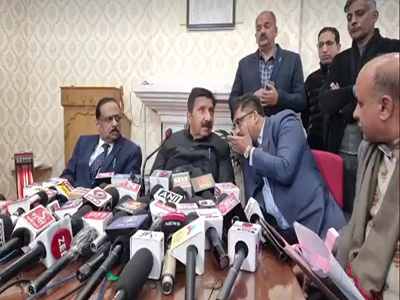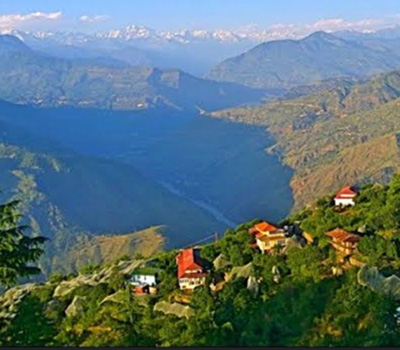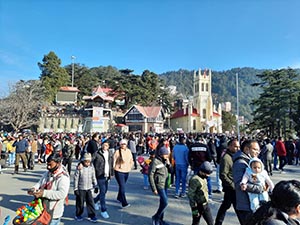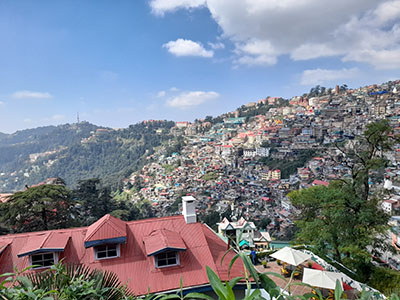Shimla - Deputy Chief Minister Mukesh Agnihotri has announced the launch of the Rs 1555 Crore Shimla Ropeways project, India's largest, world's second-longest ropeway spanning 13.79 km. It will be ready in five years time, he claimed.
The project has received all necessary clearances and is expected to alleviate the capital city's traffic congestion issues.
Agnihotri told media in Shimla on Friday that project is of national importance, and will be a role model for other states.
The ambitious endeavor aims to cover a distance of 13.79 kilometers, potentially making it the world's second-largest ropeway system and will ease traffic congestion in the city connecting Tara Devi to Shimla and Sanjauli.
The commuters will get the ride at the bus service fare from station to station. 
Agnihotri called for cooperation from various stakeholders and highlighted the government's commitment to addressing traffic challenges in the region.
It will have 13 stations and 660 cabins carrying eight passengers with each cabin available after every 2 minutes. Like Metro, the ropeway will have red bule and green lines, he said.
He said the 38 km long Parwanoo-Shimla ropeway with Rs 6800 crore cost, world's longest is on the cards.
He named Rs 253 Crore Jabli-Kasauli, Rs Rs 172 Crore Narkanda-Hatu Peak, Rs 585 Crore Palampur-Thathli, Rs 65 Crore Baba Balaknath, Rs 156 Crore Bir-Billing, Rs 75 Crore Mata Chintpurni Ropeways projects to address congestion and promoting tourism in Himachal Pradesh.
The Deputy Chief Minister said these will be built in collaboration with the private sector on a public-private partnership (PPP) basis.
The Shimla Ropeways project is expected to bring substantial economic benefits, providing direct employment to thousands and indirectly supporting businesses and tourism.
Agnihotri assured that safety standards would be a top priority, with stringent measures in place to ensure the well-being of passengers.
The announcement of the Shimla Ropeway project marks a significant step toward addressing transportation blues and boosting economic opportunities in the region.







